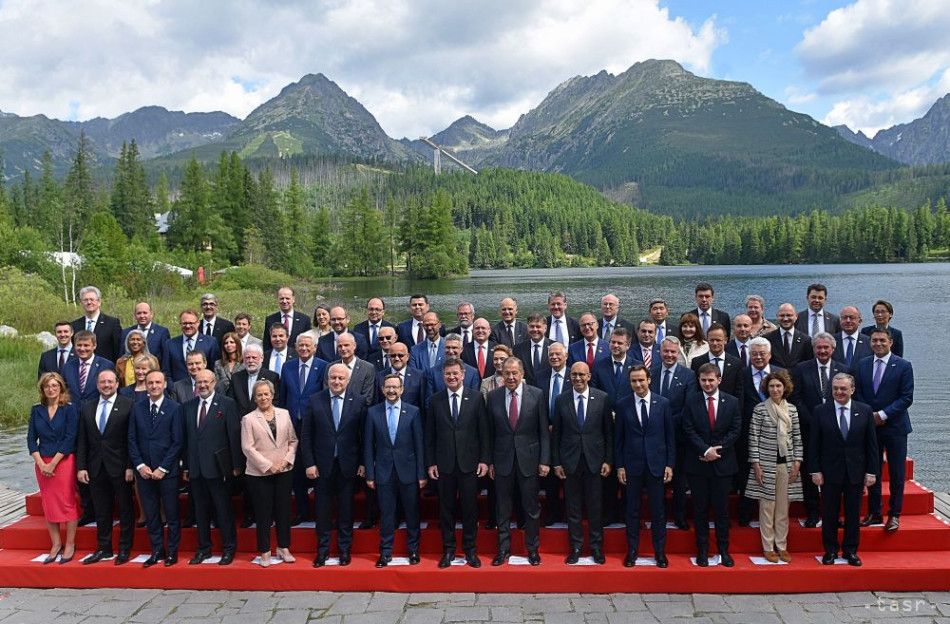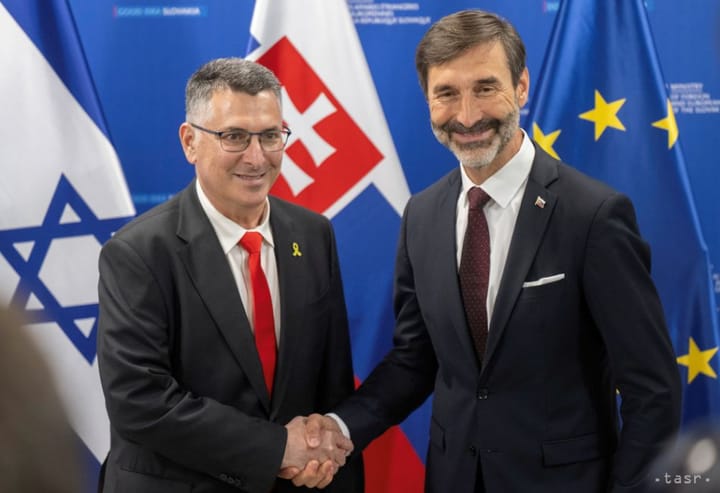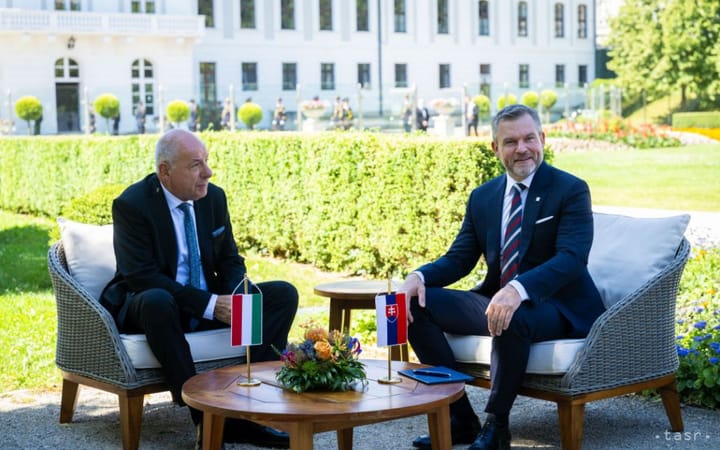OSCE Foreign Affairs Ministers Holding Talks in High Tatras

Strbske Pleso, July 9 (TASR) – How to guarantee stability in Europe and beyond its borders and how to draw lessons from past conflicts and choose ways of preventing them – these issues are high on the agenda of plenary talks taking place within an informal meeting of foreign affairs ministers from Organisation for Security and Cooperation in Europe (OSCE) countries in Strbske Pleso (Presov region) on Tuesday.
The event is being hosted by Slovak Foreign Affairs Minister Miroslav Lajcak, who’s also the OSCE chairperson-in-Office.
“First, all the tools we need are available to us, but we lack the political will to use them correctly. Secondly, the multilateral architecture is comprehensive and changing, and we must review the OSCE’s role in it. Thirdly, people in conflict locations are watching us and expecting solutions from us,” said Lajcak when summarising his three main messages at the event.
The informal ministerial meeting halfway through Slovakia’s OSCE presidency is one of the most important events to take place during the country’s one-year presidency. It’s subtitle is “From Past Activities to Future Prevention: The OSCE’s Place in Guaranteeing Stability in Europe and Beyond Its Borders”.
“Informal ministerial meetings are a relative novelty. They’ve only been organised by a few previous OSCE presidencies before,” stated Lajcak at the beginning of the plenary talks, adding that preparing this meeting was among the priorities of the Slovak presidency from the very beginning. According to Lajcak, space is left between “negotiations, bilateral meetings and declarations” for actual dialogue.
“The current security climate at both the regional and global level is insecure. Confidence is fading. Many structures and platforms that we’ve been building for decades are under stress,” said Lajcak. According to him, conflict prevention plays the most important role here, as it “saves lives and money”.
Russian Foreign Affairs Minister Sergey Lavrov is attending the meeting, as are the Hungarian and Czech ministers, Peter Szijjarto and Tomas Petricek, respectively.
Over 300 delegates in total have gathered in the High Tatras, including 20 foreign affairs ministers and 11 state secretaries.
The discussions will focus on areas set by Slovakia as priorities of its OSCE presidency. These include conflict prevention and resolution, effective multilateralism and the relevance of the OSCE in today’s world.
The results of the meeting will serve as a basis for the annual meeting of the OSCE’s Ministerial Council due to take place in Slovakia in December. This will be the top event to take place during Slovakia’s presidency.



